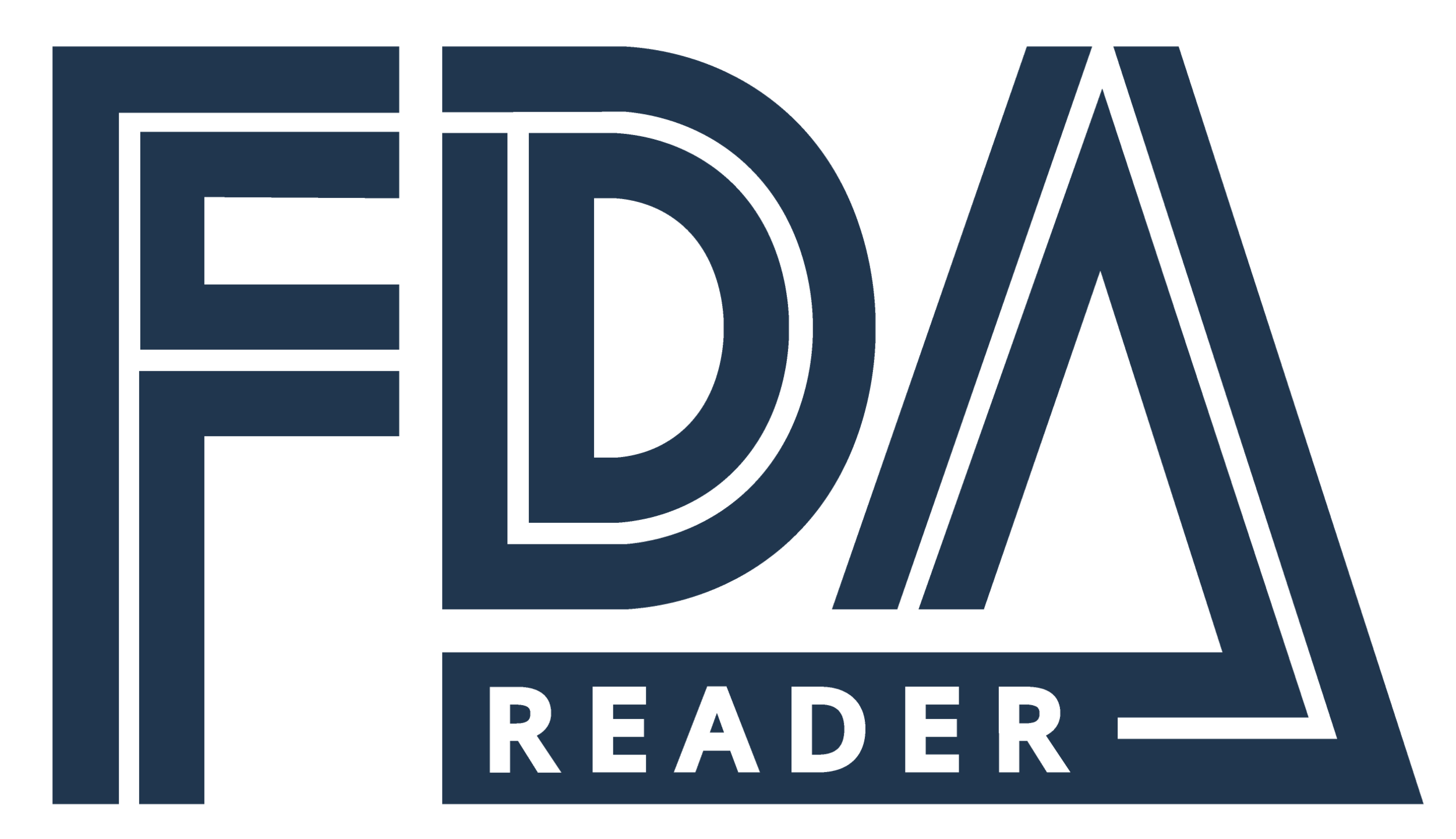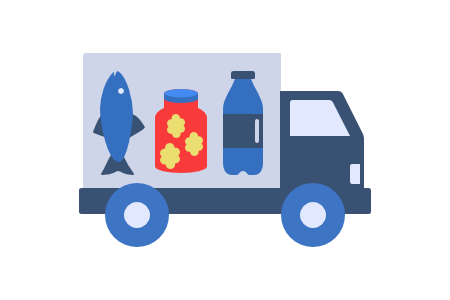Introduction to FSMA
What is FSMA?
The Food Safety Modernization Act was a piece of legislation that went into effect in 2016. It shifted the focus of food safety from responding to foodborne illness outbreaks towards preventing foodborne illness outbreaks. FSMA updates the requirements for many food businesses who fall under FDA Jurisdiction.
What is the difference between FSMA and FDA Regulation?
FSMA is a law that was passed by congress. This updated the FDA regulation, which is a set of rules put forth by the FDA. If your business practices are aligned with the FDA regulations, then your business is also FSMA aligned
How Do I Get My Business FSMA Compliant?
If you are just learning about FDA regulation, then check out our Regulatory Guides and search by topic (our guides are FSMA aligned). Or click on the links on the right side of this page.
When Does FSMA Take Effect?
FSMA is being rolled out over the course of several years. Smaller businesses have been given longer timeframes for compliance. See the image below for compliance dates.
FSMA Compliance Timeline
Deadline for Preventive Controls for Human Food
Very Small Businesses (<$1mm sales/Yr) - 9/17/2018
Small Business (<500 employees) - 9/18/2017
Large Business (>$1mm sales/yr and >500 employees) - 9/19/2016
Deadline for Intentional Adulteration (Human food):
Very Small Businesses - July 26, 2021
Small Businesses - July 27, 2020
Large Businesses - July 26, 2019
Major Components of FSMA
FSMA is divided into six major sections, listed below.
Preventive Controls for Human Food (Part 117) - This requires processors of human food to develop risk-based systems focused on food safety through prevention. This includes,
Foreign Supplier Verification - Ensures imported food is produced to FDA standards.
Sanitary Transportation Aims to protect food in transportation
Intentional Adulteration (Part 121) - Aims to protect from terrorist acts of contaminating the nation's food supply by establishing "Food Defense" requirements.
Preventive Controls for Animal Food (Part 507) - Requires processors of animal food to develop risk-based systems focused on food safety through prevention.
Produce Safety (Part 112) - This section describes the revised standards for processing produce,
FSMA FAQ
What are the record keeping requirements for FSMA?
The record keeping requirements for FSMA are outlined in our summary of Part 117 Subpart F
What is a PCQI?
A PCQI is a preventive-controls-qualified-individual. This is someone who has been trained in the risk-based practices required by FSMA. There are many PCQI courses available in-person and online.
All businesses except those exempt from Part 117 Subpart C - Hazard Analysis and Risk Based Preventive Controls are required to have a PCQI to do the following:
Prepare the food safety plan and review as necessary
Supervise daily production on site.
The PCQI can be a permanent employee for the food processor but is not required to be.











